
Stock Exchange
A physical or digital place where people buy and sell both stocks and shares
The Stock Exchange, also known as securities change or bourse, is a physical or digital place where people buy and sell both stocks and shares during certain hours.
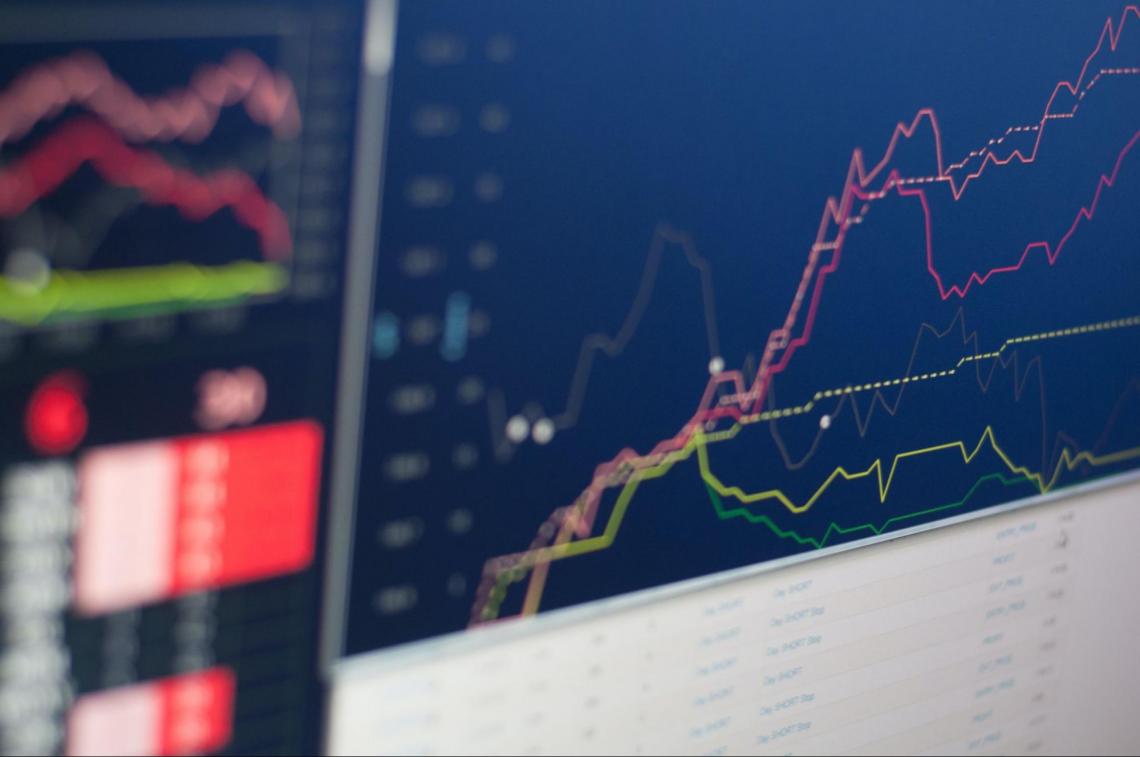
Stockbrokers and traders buy diverse financial instruments in the marketplace, such as:
Equities
Commodities
The concept of equity might still be unclear to some, so let's break into it. In simpler terms, equity consists of the value an owner could potentially receive for selling something they own.
So how is equity related to trading?
Here's your simplified answer: equity trading is the buying and selling of equities (shares or stocks) in the financial market.
That means if you buy stocks, you're buying equities; it's as simple as that. Trading is usually conducted from Monday till Friday. However, some exceptions do apply depending on the exchange in question.
For example, the Saudi Stock Exchange operates from Sunday to Thursday, unlike other platforms that follow the same international standards.
The trading process should be executed very carefully, and being organized is an essential tool to make sure financial information flows smoothly to all parties involved in the trade.
History
It is well known that trading operations have been going on for centuries, but opinions tend to diverge on when the first corporate stock was traded.
Some people agree with the idea that the key event happened in 1602 when the Dutch East India Company was founded. Meanwhile, others point to earlier events between 1531 and 1548.
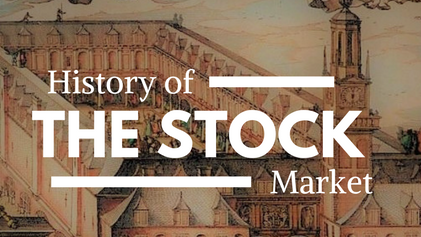
Moreover, it has been stated that the late 1400s marked a historical event concerning the stock market, where Antwerp (Belgium) became the center of international trade, followed by the creation of the first modern stock trading.
As a matter of fact, the very first modern stock trading was created in Amsterdam in 1611. However, America did not get into the stock market game until the late 1700s, when the New York Stock Exchange (NYSE) was created, which nowadays is the biggest globally and proved to be the global leader in terms of market quality.
The NYSE resulted from the Buttonwood Tree Agreement (the late 1700s) made by a small group of merchants whose common interest was to buy and sell stocks & bonds.
Even though the Buttonwood traders were behind the launch of the largest stock exchange in the US, the Philadelphia Stock Exchange (1790) was, in fact, America's first official exchange platform, which had a significant and remarkable impact on the city's place in the global economy.
Diving into the history of this marketplace may still be blurry and overall complicated, but at the end of the day, traders worldwide share the same views and goals when it comes to buying, selling, and investing.
Types
Exchanges come in many forms and do not necessarily follow the same standards, yet they all perform as a part of a bigger global stock market and usually work like auctions.
One of the most popular types is the Auction Market, where competitive bids usually coincide when an item comes up for sale.
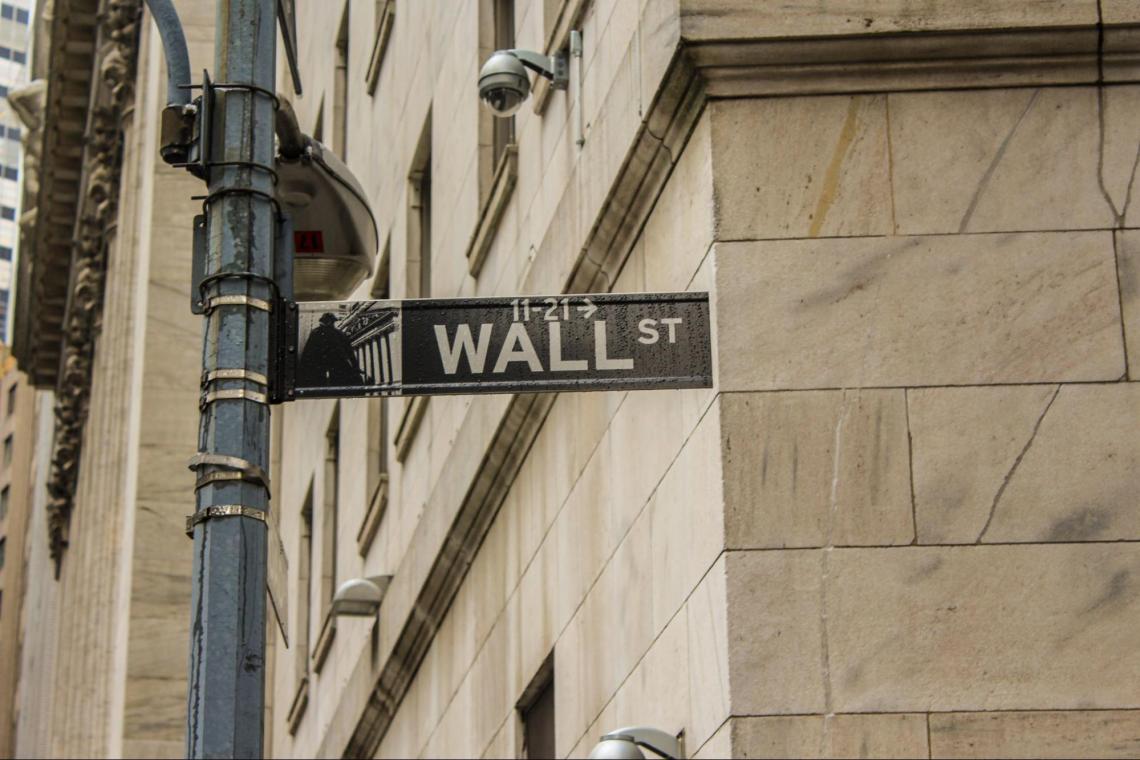
The NYSE is a primary example of an auction market.
More than 2400 firms with an aggregate market value greater than $19 trillion were listed on the NYSE in 2015.
2. Electronic Exchange
a. A largely automatic, computer-based system.
b. It can be accessed from any location.
c. It does not require a physical contribution from participants
d. Operates on a 24/7 basis
The NASDAQ is a prime example of an Electronic Exchange.
What is NASDAQ?
NASDAQ stands for the National Association of Securities Dealers Automated Quotations System. It is the world's first electronic exchange, and the second-largest stock and securities exchange globally.
This exchange platform provides price quotes through computers.
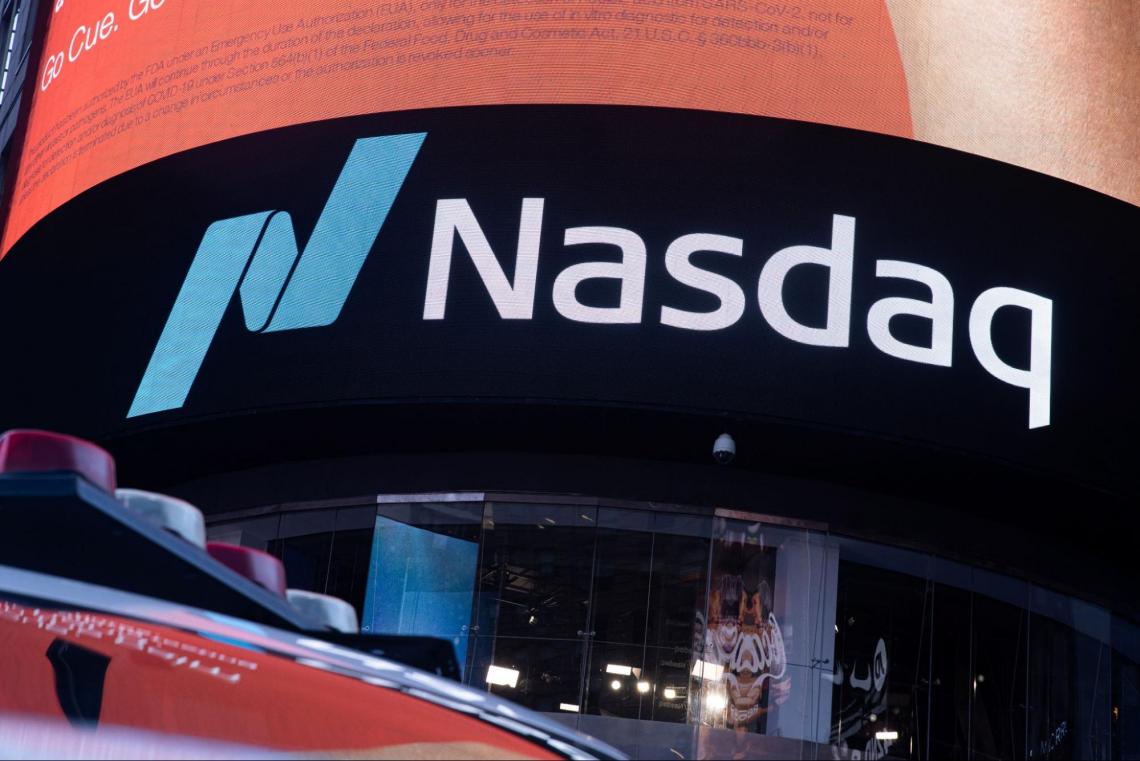
3. Electronic Communication Networks (ECNs)
a. Required to register with the SEC
b. Classified as an Alternative Trading System (ATS)
c. Automated system
d. Allow investors to trade outside of regular trading hours
4. Over-the-Counter (OTC) Exchange
Sometimes securities traded do not meet the requirement needed to be listed on the NYSE; that's when OTC comes in handy.
This decentralized market consists of trading stocks, commodities, currencies, and other financial instruments without a broker. The trading is directly executed between involved members without a third party.
However, even if OTC markets seem beneficial to some, they still expose traders to significant risks. The information concerning the companies involved is not always available, making the whole operation harder to manage or deal with.
Financial literacy and transparency are key factors to making better decisions regarding trading, hence why a lack of information could be a deal-breaker for some traders.
OTC markets are also known as:
- Off-exchange trading
- Pink sheets
A. What are Pink Sheets?
- Connects brokers and dealers electronically
- No trading floor.
- Inexpensive per share
- Limited information
B. Why is it called "Pink" Sheets?
The original pink sheets that listed the stocks were distributed on a pink piece of paper.
NOTE
Pink sheets are the most speculative platform in OTC markets.
What factors affect the prices in a stock exchange?
The economy, in general, and the stock market, in particular, are affected by the same factor: the rule of supply and demand: the higher the demand for a stock, the higher its price goes, and vice versa.
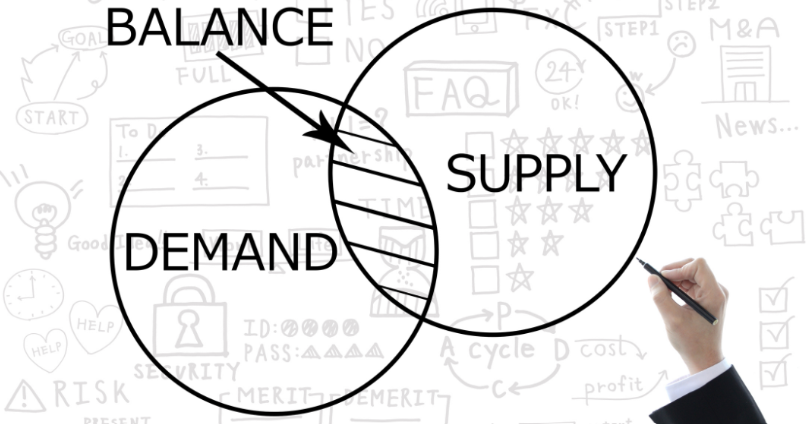
Nonetheless, other secondary factors play a role in the stock market:
1. Company-related factors
Let's say a specific company is doing well in the market, which will draw more investors to buy its shares, which will cause a shortage & a rise in prices.
On the contrary, once the organization starts facing business difficulties with shares becoming too available, no investor will want to buy. Thus, the stock price is automatically going to fall.
2. Investor sentiment
Sentiment usually drives demand and supply, which influences price movements.
For example, an investor exhibiting confidence in taking risks will invest in a more aggressive way than when they are worried, which leads to an increase in stock price.
3. Politics
Politics is a crucial factor when it comes to investing. But on the other hand, a weak government will push away investors as it is unstable and does not show any sign of trust.
On the other hand, once a country's situation seems to be stable and safe, the stock prices will be healthier and more attractive to investors.
4. Current events
One of the most influential factors for the stock market is the country's situation.
Let's take, for example, what is currently happening in Beirut, Lebanon.
Lebanon is currently facing one of the world's largest economic crises, and the economy is unstable as the Lebanese lira lost most of its value during the past two years.
These unfortunate events pushed away the majority of investors and made Lebanon lose its credibility in front of potentially interested traders.
5. Exchange rates
The exchange rate is considered a competitive tool in international trade as it measures the value between various currencies, which strongly impacts stock prices in a country.
The reaction of stock prices to changes in the exchange rate, whether a price increase or depreciation, varies in both directions and levels.
What is the role of the Stock Exchange in the economy?
An economy, no matter its type, can't properly function without companies, and stock exchanges contribute to a company's expansion by raising money, hiring adequate staff, and providing people with the ability to invest in any company.
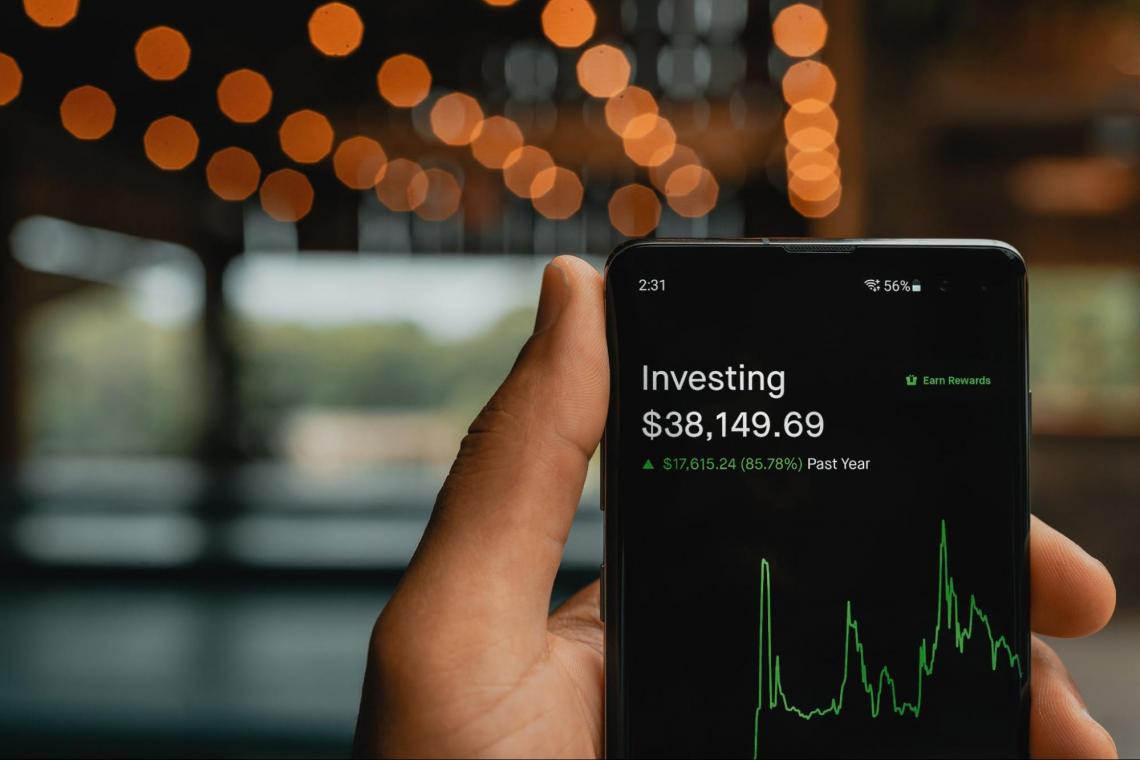
Moreover, it plays a vital role in imposing regulations and providing orders for trading stocks.
It also creates hundreds of job opportunities for people from different backgrounds, which decreases unemployment in the job market and expands the economy.
Besides, the stock market was initially established to help businesses and entrepreneurs worldwide come together to buy, sell and trade shares for the sole purpose of providing capital to enterprises in need.
Is It the same as the Stock Market?
Some confusion arises regarding the Stock Exchange & Stock Market and whether they are the same thing or not.
So to clear all perplexity here is a deeper and more precise explanation.
| STOCK MARKET | STOCK EXCHANGE |
|---|---|
| Aggregation of buyers & sellers who trade in stocks | Infrastructure that facilitates the buying and selling of shares |
| All companies listing their shares for public investors | Formal organization enabling companies to list their shares |
| Common term for all kinds of stock trading | Entity that facilitates the trading |
| Consists of multiple stock exchanges | Part of the stock market |
| Volume of trade is generally larger | Volume of trade is generally smaller |
No matter how organized the stock market appears to be; there are a lot of rules and factors that both investors and traders worldwide have to stick by to operate safely and productively.

A lot of questions arise and the way it works, hence why it is deemed necessary to keep an eye on the stock market and the changes it goes through daily.
If you are currently thinking of getting into investing, there is information you need to keep in mind and questions you have to think about before starting with the process.
Here's a list of the most important questions you should ask yourself before getting into any investment, especially if you are still a beginner.
Frequently Asked Questions
Having a clear goal in mind and setting up a plan before starting your investment will help you be more strategic and organized.
You might not understand everything related to all companies on the stock market, but it is primordial to understand what your chosen company's business is all about.
Before choosing to work with a specific stock, you should be aware of any financial information related to it, such as:
Rates of growth and returns, overall performance, dividends paid to stockholders, and how consistent the stock's growth has been over the years.
As you already know, each investor owns a portfolio of stocks they choose to work with, whether short or long-term.
Achieving your financial goals through your portfolio will help you reach your personal goals. Therefore, knowing whether the stock in question is producing passive income through dividends is essential.
To sum it all up, both the stock market and it plays a significant role in trading securities across many countries around the globe.
They both help companies access capital to run their business and satisfy their customers by providing the best quality of products and services.
Last but not least, there are many factors to consider before getting into any trading operations.
As an investor, you must stay aware of everything happening in the market daily to achieve the most successful trading operations possible and attain your personal financial goals.
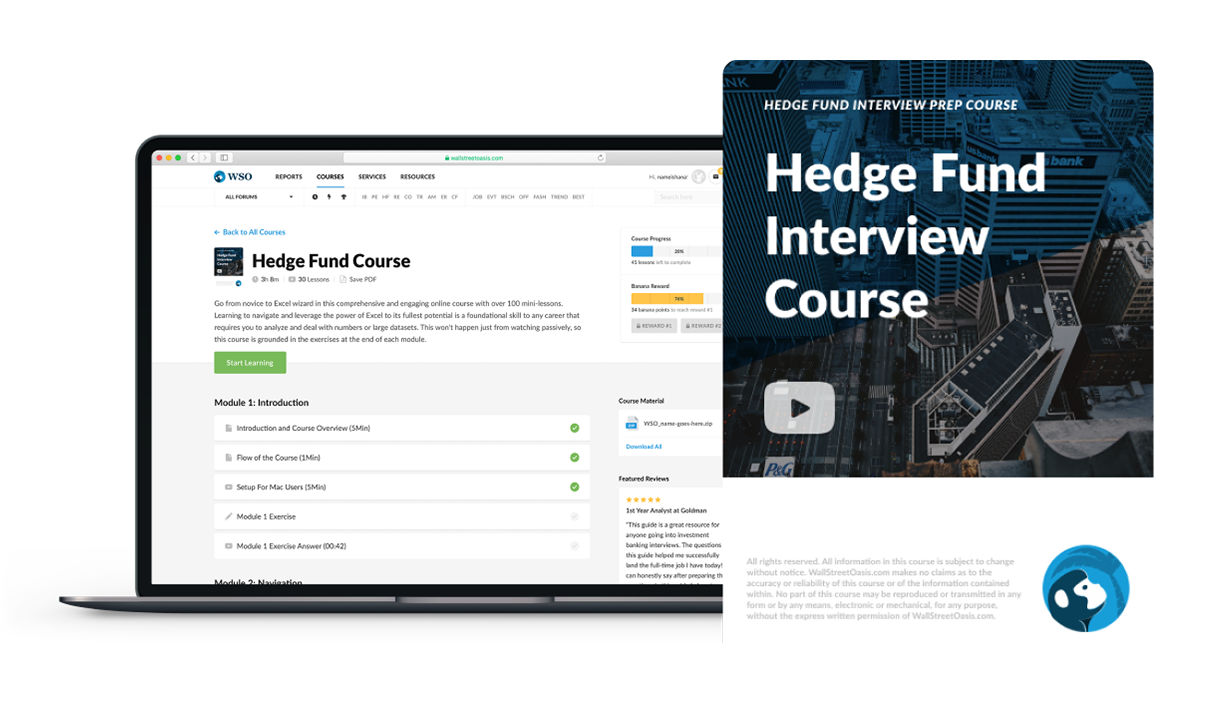
Everything You Need To Break into Hedge Funds
Sign Up to The Insider's Guide on How to Land the Most Prestigious Buyside Roles on Wall Street.
Researched and authored by Céline Khattar | LinkedIn
Free Resources
To continue learning and advancing your career, check out these additional helpful WSO resources:


or Want to Sign up with your social account?